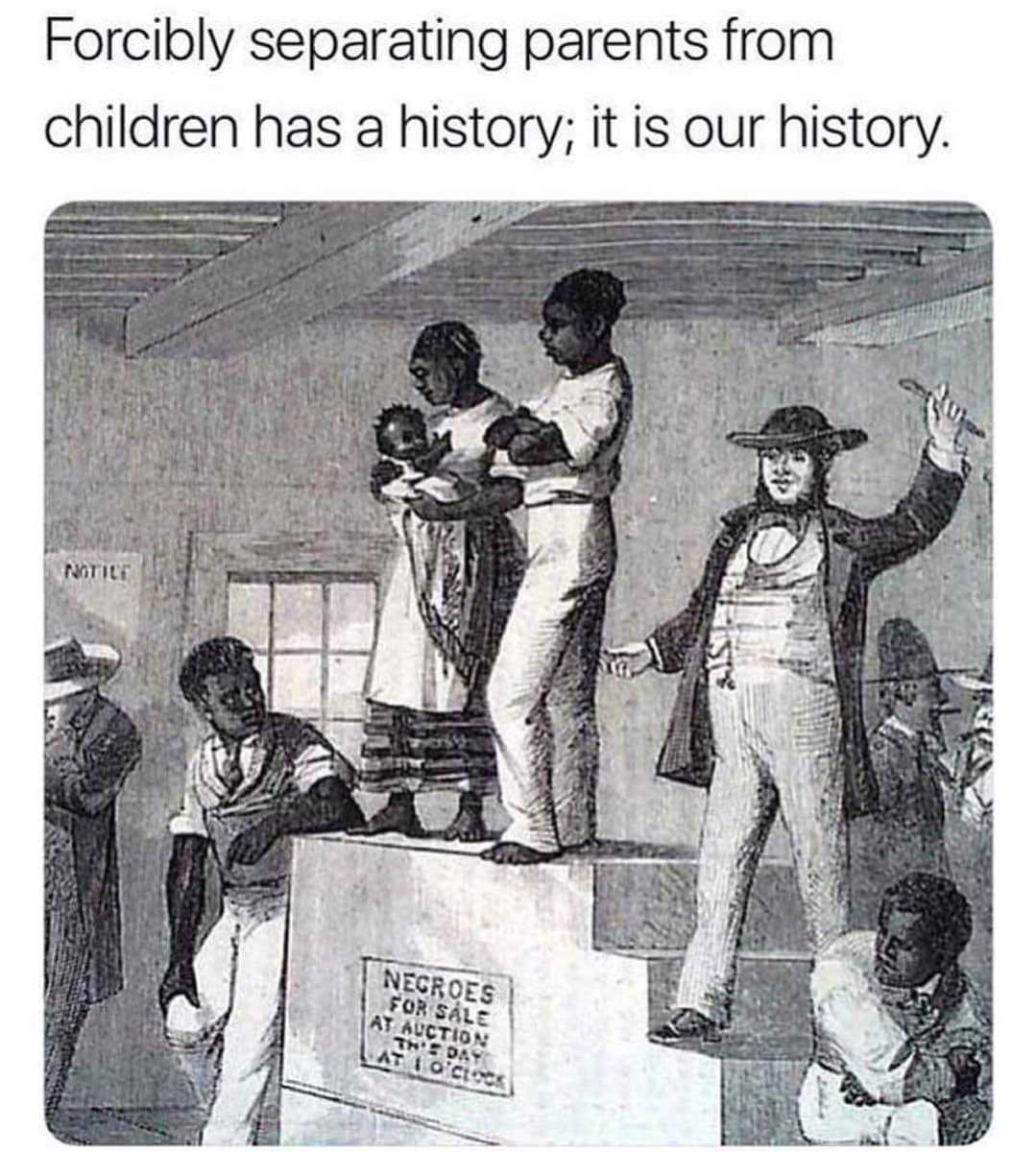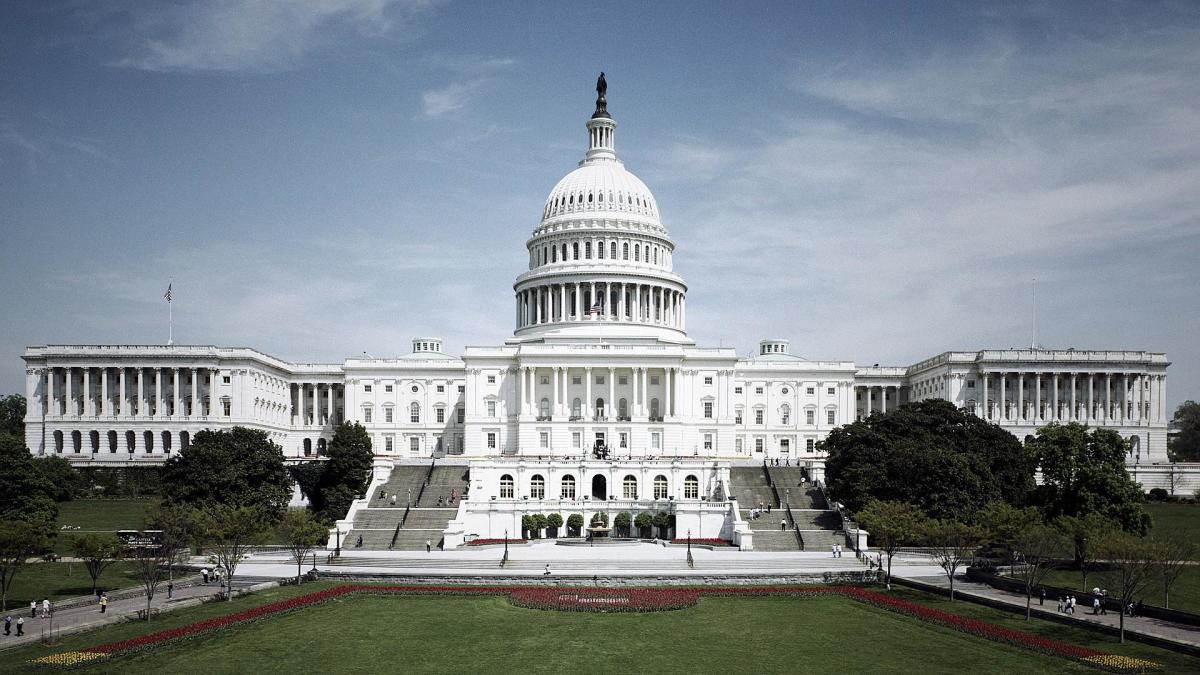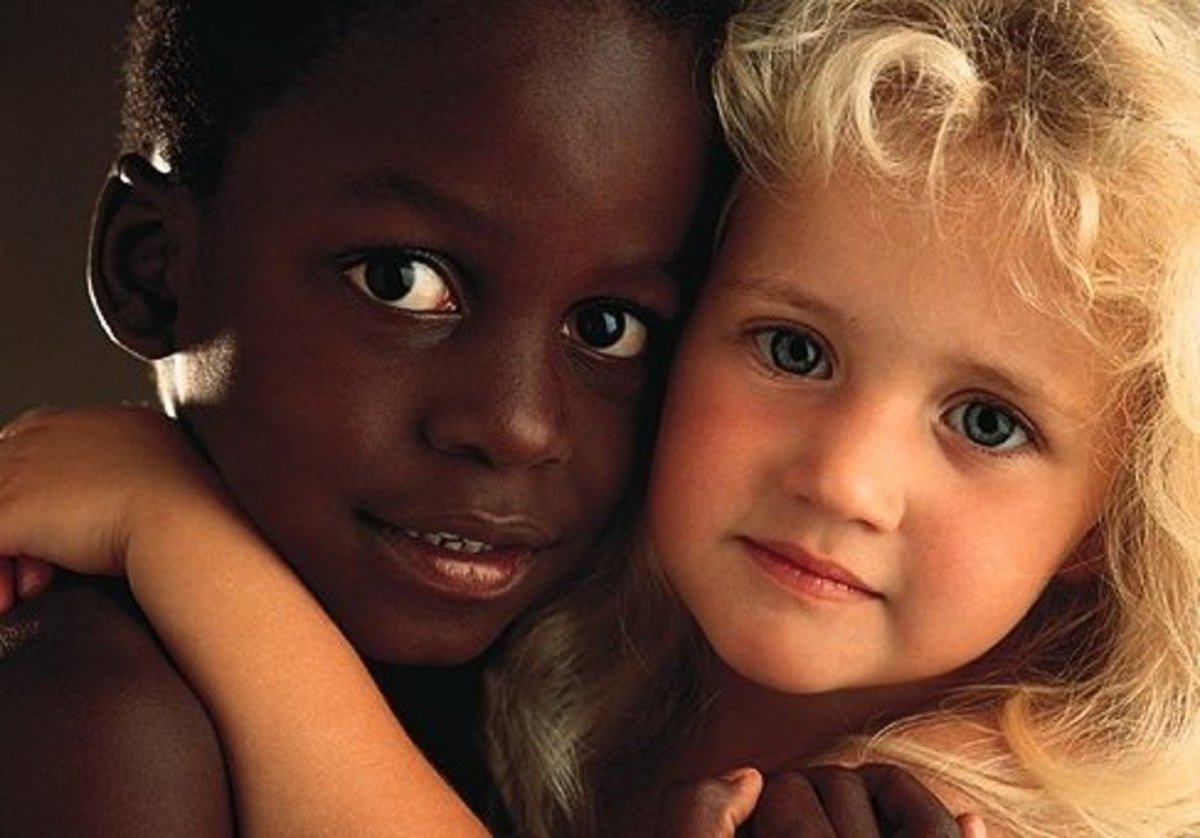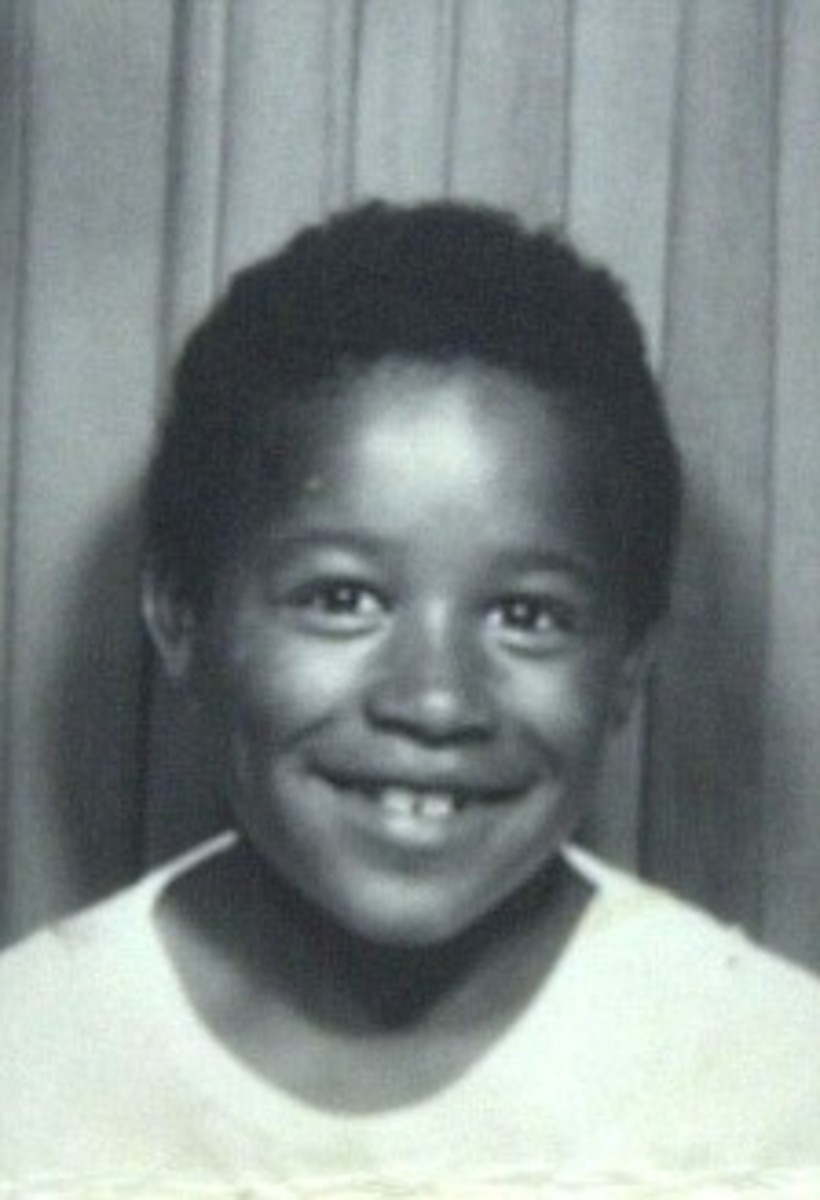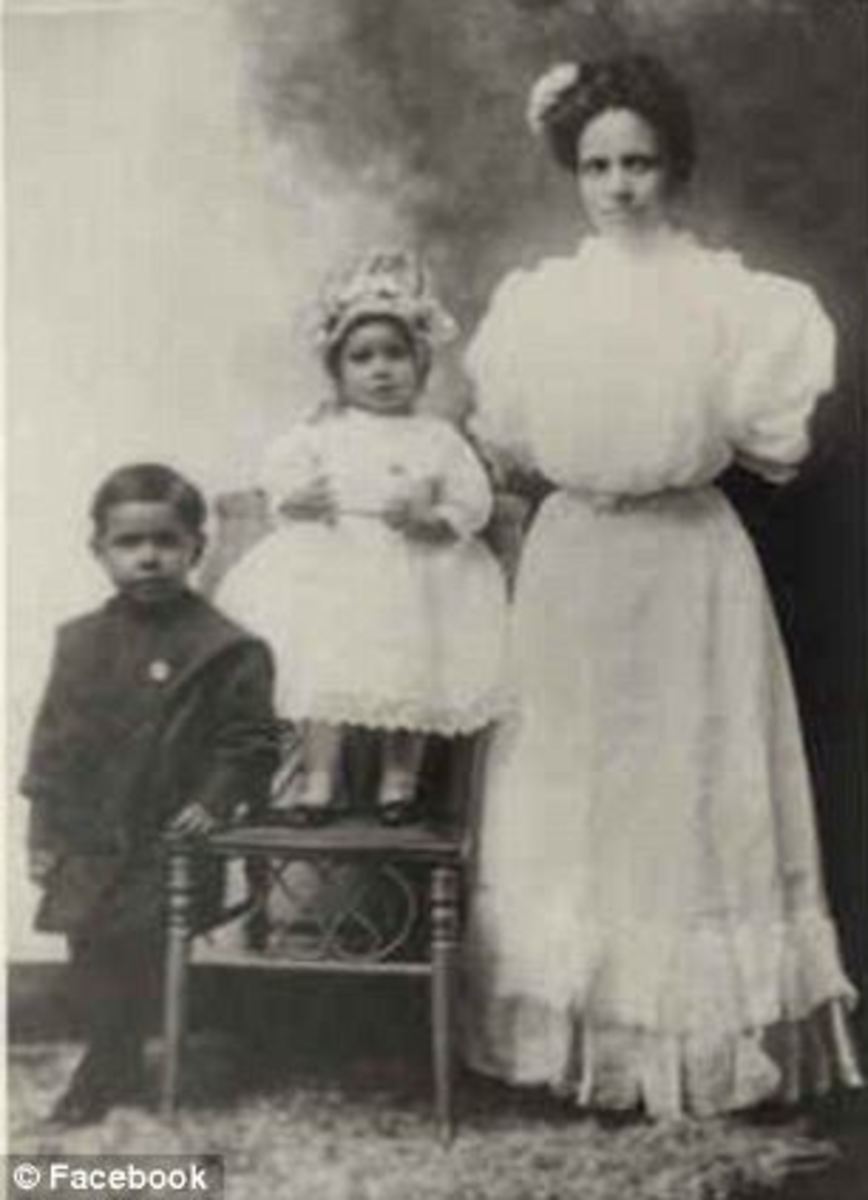Let's Honestly Discuss Prejudice and Bigotry and Not Sweep it Under the Rug
The Shirley Sherrod doctored viral video episode is the latest example of a racial incident gone awry. The biggest tragedy to my mind is that it appears we are once again going to miss an opportunity to honestly have a national dialogue regarding race and prejudice. The media and politicians have moved on to the next hot story just as they did after the Professor Henry Gates arrest incident. This is very unfortunate. So many issues facing the United States are greatly affected by racial, gender, religious, and sexual prejudice. Immigration, unemployment, education, and crime are just a few of the issues so influenced.
I am going to attempt to examine some of the aspects of bias and prejudice. In turn I will try to show how they lead to intolerance and bigotry. Finally I will illustrate some examples of how this is detrimental to our society and what we can do to deal with this problem and possibly start on the road to reconciliation.
I will begin by defining bias and prejudice as stated by dictionary.com. Bias is " A particular tendency or inclination especially one that prevents unprejudiced consideration of a question". Prejudice is "An unfavorable opinion or feeling formed beforehand or without knowledge, thought or reason; any preconceived opinion or feeling, either favorable or unfavorable; unfavorable feelings, opinions or attitudes especially of a hostile nature regarding a racial, religious or national group".
Given these definitions I think we can agree that everyone is guilty of bias and prejudice to some extent. We are born and grow up in our family, neighborhood, and school environments. In these settings we are exposed to constant influences. A family of any particular race or ethnicity will have history regarding relations with other groups. This will affect the way the child is raised even though the parents may not even realize it. Our neighborhoods also have a strong influence over us. This is true for both children and adults. Neighborhoods have different ethnic makeups and histories which may influence a person's views. This is also true of a person's neighborhood schools. My own experience is that I was raised by parents who taught tolerance and politeness to everyone. The schools I attended taught me the same. My neighborhood though was much less tolerant. I will touch on all of these personal influences later in this article.
Now I would like to turn to intolerance and bigotry which often results from bias and prejudice. They also will be defined by dictionary.com here. Intolerance is "Unwillingness or refusal to tolerate or respect contrary opinions or beliefs, persons of different races, backgrounds, etc.; unwillingness to grant equal freedom of expression or to grant or share social, political or professional rights". Bigotry is "Stubborn and complete intolerance of any creed, belief or opinion that differ from one's own. A person obstinately or intolerantly devoted to his or her own opinions and prejudices".
Intolerance and bigotry are direct outgrowths of bias and prejudice as we can see with these definitions. Adverse influences from our early years can easily develop and grow into intolerance and bigotry. This is especially true if one continues to live and work among like minded individuals. This is the way racism and other forms of bigotry grow and become permanent parts of a society. Groups of people reinforce their convictions through affirmation and a strength in numbers mentality. In this way certain neighborhoods sometimes become racist and it grows from there. Worse yet this intolerance and bigotry is often passed on to their children and a vicious circle is created. I have seen this occur within my own circle of friends. They retell stories and lessons of their parents which in turn are passed on to their children. My own parents taught me to be tolerant but over the years I have noticed that they also have prejudices and biases. I don't believe they even realized it existed within them. This is the insidious way racism and other forms of hate can begin to take hold if one is not vigilant.
Now that we have defined the issues we are addressing, let us examine more closely some of the situations in society that have manifested because of them. Firstly I'd like to examine the flight of white families out of cities into the suburbs. Since school desegregation began this phenomenon has steadily grown. White families often argue that they are leaving because of crime, overcrowding, deficient schools, and other reasons. But if they looked deep down inside they would realize that the real reasons all lead back to race.
Another area to look at is the corporate make-up in the United States. Civil rights laws of the 1960s worked wonderfully to give Blacks and other minorities access to jobs in most U.S. companies. Unfortunately this is not true of the management ranks of these same firms. Corporate executives complain about the dearth of qualified minority management candidates. This may be partly true due to the dire state of urban education but certainly not entirely. There is too great a disparity between total minority employment and total minority management.
Women have made great strides in this regard as well as in the percentage of elected officials who are women. But they also have a long way to go. The glass ceiling in the boardroom still exists for women. They also still lag far behind men in elected officials. There is hope in the fact that their percentages have grown at a faster pace in the local ranks.
Hispanics and other ethnic groups suffer many of the same problems as African Americans though in varying degrees. There are also many conflicts between ethnic groups. Most of the time this is the result of competition for a scarcity of jobs and resources. Ethnic groups are also discriminated against due to cultural and language differences.
Homosexuals are another minority which has suffered badly in our society. The main reason for this is probably fear. Sexual identity is powerful and anything that disturbs this can be threatening. Religious differences may also breed discrimination. Catholics had been discriminated against widely until recently. Jewish Americans have also experienced extensive prejudice throughout not only American history but also world history. This situation has also improved extensively though it still exists. It can seen most obviously with skinhead and neo-Nazi groups. Muslim Americans are being discriminated against especially after the 9/11 terror attacks. This prejudice is due to fear and a lack of understanding of their religion.
What then can we do to lessen our biases and prejudices to become more tolerant of others? In my case I try to put myself in the shoes of others. I attempt to feel what a person of another group is feeling. This is empathy. Acquiring empathy is key in relating to others and treating them as you would treat yourself. I recall a small race riot that occurred at my high school on Staten Island, New York when I was a student there in the mid 1970s. These incidents broke out sporadically over minor incidents. Usually they were fueled by long simmering hostilities. My high school was predominantly white. A smaller group of African American students first began to be bused into my school when I first began attending. My fellow white students for the most part began voicing hatred for the black students from almost the beginning. I could not understand the reason for it since no real reasons were given for the hatred except for their skin color. The black students kept to themselves and seemed to view us with understandable suspicion.
One riot has always been particularly vivid in my mind. Some white students began to seek out any black person they could find to beat on one afternoon after a relatively small scuffle between a black and white student. I happened to witness the surrounding of one young black woman holding a small child after we were released from class. She was in abject fear. Apparently she had come to our school to pick up a friend or relative and got caught up in the center of the madness. The terror I saw in her face and heard in her cries have always remained with me. She was pleading for the crowd to let them go. Luckily the police arrived soon after before the crowd was able to inflict any harm on them.
The point I am trying to make in telling this story is that I learned to feel what others felt during this incident. I literally felt the terror I saw on her face. I have never been able to even imagine attacking another person since this incident nor hate another person just because they were different. This occurred due to the empathy I felt with this woman. My conclusion was that if you can empathize with a person or people it becomes impossible to hate them. Your bias and prejudice disappears along with your intolerance and bigotry. Ignorance and a lack of empathy is at the heart of bigotry against African Americans and also other groups.
Women are seen as passive and not strong enough for management and elective office. They were regarded as simply mothers and nurturers without attributes for other roles. But now as women have steadily increased their numbers in these positions, people see that that this not true and can relate to them as leaders. They see their prior bias as a fallacy. Gay Americans are discriminated against due to fear and ignorance of their lifestyle. Ethnic minorities are mistreated due to the lack of understanding of their culture and language.
The bottom line regarding all forms of prejudice and bigotry is ignorance and fear. A meeting of the minds is needed between all groups to ameliorate misunderstanding. There has been a string of attacks on Hispanics on Staten Island in the past few weeks. Church and community leaders of all groups have been coming together to foster understanding in an attempt to eliminate this senseless violence. Instead of having a "Beer Summit" on the White House lawn after the Professor Gates case broke, a public discussion of why the Professor and President Obama reacted so vigorously against the Police Officer's actions would have been infinitely more beneficial.
The Shirley Sherrod case became a battle between right wing groups and media on one side and the Democrats and the Obama Administration on the other. Unfortunately no one discussed in detail the inspirational speech that Ms. Sherrod gave at the NAACP dinner in question. Her speech was one of transformation, empathy, and understanding. But this was drowned out amongst the political noise. Now Dr. Laura Schlessinger is quitting her radio show after the controversy about the racial name calling she used with a black female caller. If history is any guide this incident will also quickly fade away.
A discussion of why she said what she said and why it is so offensive to African Americans would benefit all Americans. But this is not likely to happen. This is business as usual in the United States and it is a crying shame. These national discussions are needed to properly deal with these issues and create the empathy we need to become a more tolerant and open society.

